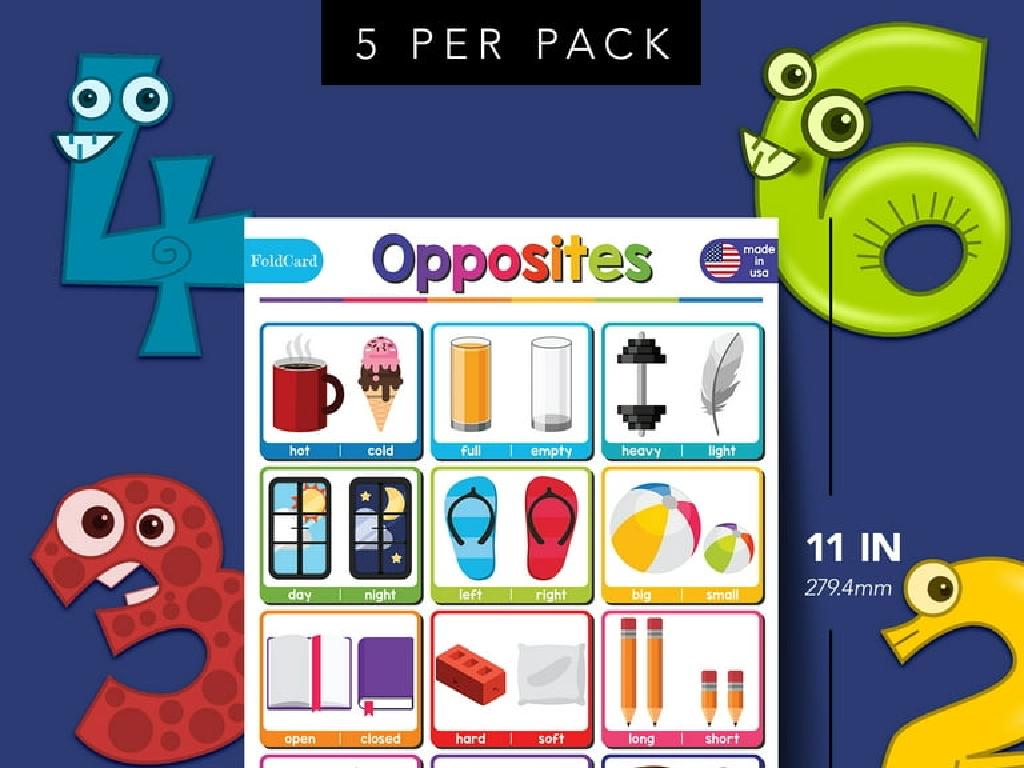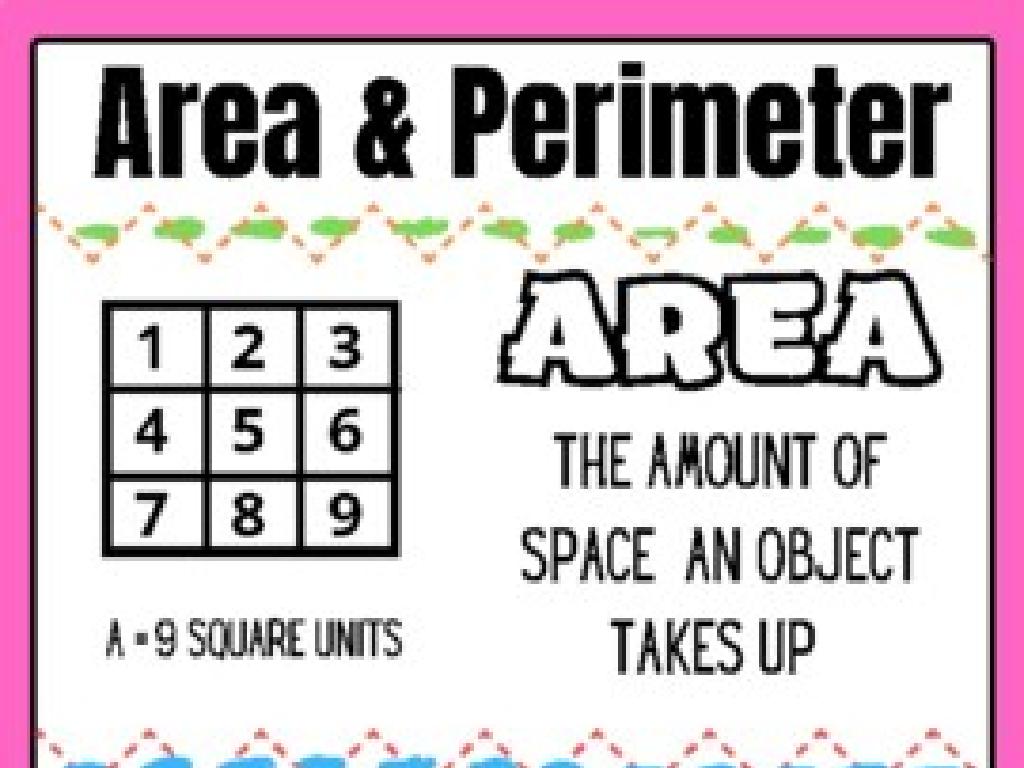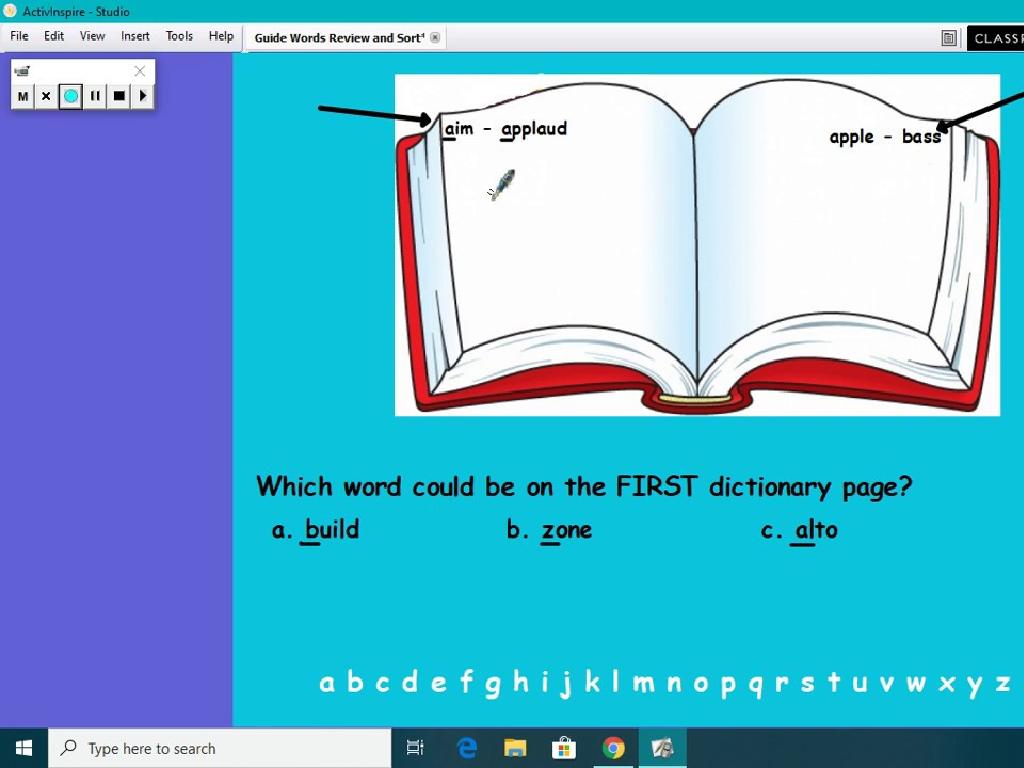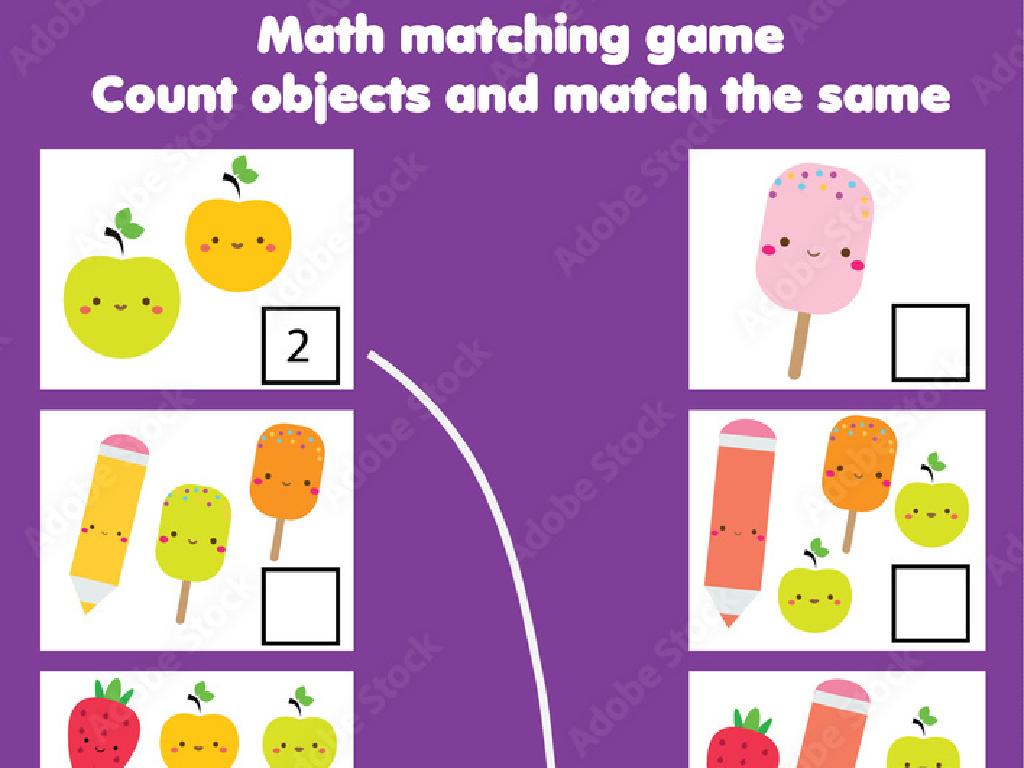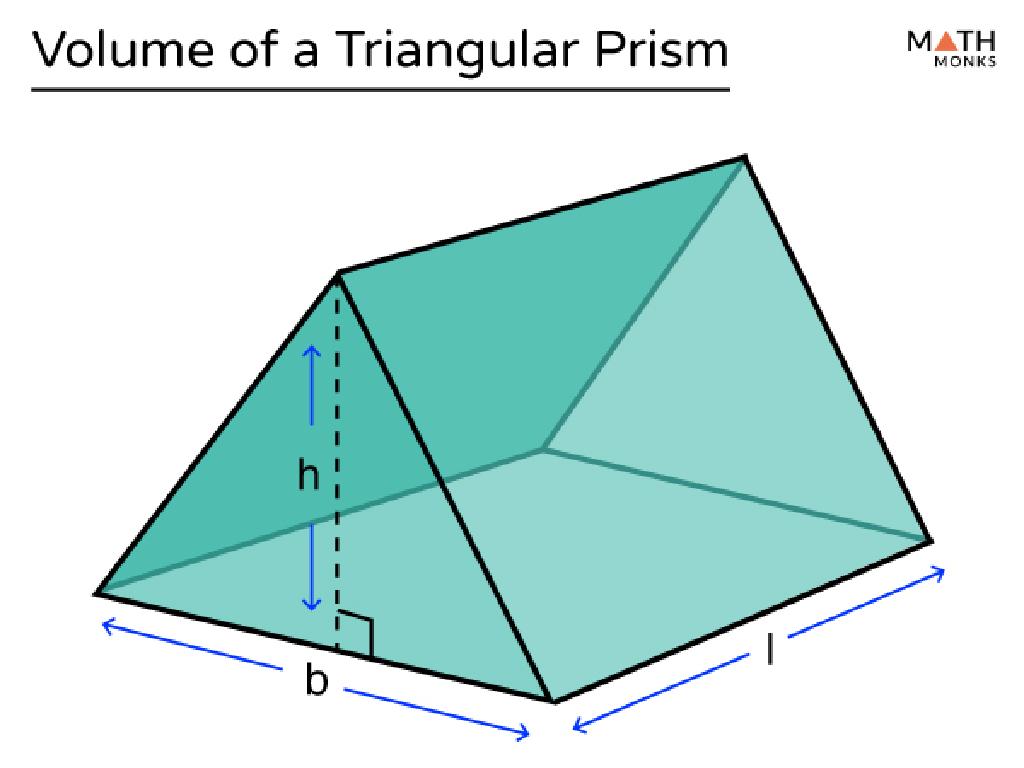Use Dictionary Definitions
Subject: Language arts
Grade: Fourth grade
Topic: Reference Skills
Please LOG IN to download the presentation. Access is available to registered users only.
View More Content
Exploring Dictionary Definitions
– Importance of a dictionary
A dictionary helps us understand word meanings, pronunciations, and correct usage.
– Dictionary defined
A book or electronic resource that lists words of a language in alphabetical order and gives their meaning, or an equivalent in a different language.
– How to use a dictionary
Learn to look up words alphabetically, understand guide words, and find the definitions.
– Practice finding words
Let’s pick some words and practice finding their meanings together!
|
This slide introduces students to the concept of a dictionary and its importance as a reference tool in language arts. Begin by discussing why a dictionary is essential for learning new words, understanding their pronunciation, and using them correctly in sentences. Explain what a dictionary is and its components, such as guide words, entry words, and parts of speech. Demonstrate how to use a dictionary by looking up words together as a class. Encourage students to share words they find challenging and use the dictionary to explore their meanings. This activity will help reinforce their understanding of alphabetical order and guide words, and how to navigate a dictionary effectively.
Exploring the Dictionary
– What is a dictionary?
– A book or online tool listing words of a language with meanings and more.
– Details in a dictionary entry
– Find meanings, pronunciations, and usage information for each word.
– Purpose of using a dictionary
– Dictionaries help us learn new words and understand them better.
– How to use a dictionary effectively
– Practice looking up words and exploring their definitions and pronunciations.
|
This slide introduces students to the concept of a dictionary, emphasizing its role as a valuable resource for understanding language. It’s important to explain that a dictionary can be a physical book or an online tool, and it contains a list of words with their meanings, pronunciations, and additional information such as word origins and examples of usage. Highlight the importance of dictionaries in learning new vocabulary and understanding words that are unfamiliar. Encourage students to practice using a dictionary by looking up words they encounter in their reading or daily life, which will help them become more independent learners and improve their language skills.
Exploring Dictionary Entries
– Word Entry: Find your word
– The main word you’re looking up, like ‘apple’
– Pronunciation: Learn to say it
– Guides on how to pronounce the word, e.g., /ÈapYl/
– Word Origin: Discover its history
– Tells you about the word’s history or language of origin
– Definitions: Understand meanings
– Lists different meanings the word can have
– Example Sentences: Usage in context
– Shows how the word fits into sentences
|
This slide introduces students to the components of a dictionary entry, which is a crucial reference skill for enhancing vocabulary and understanding language. Start by explaining that a dictionary can be a fun tool to explore new words. Go through each part of a dictionary entry, emphasizing its importance. For example, pronunciation helps with speaking, word origin can be an exciting history lesson, and example sentences show how to use new words correctly. Encourage students to share any interesting words they’ve found and how the dictionary helped them understand these words better.
Navigating the Dictionary: Guide Words
– Guide words at dictionary top
– They show the words at the start and end of each page.
– First and last words on page
– Knowing these helps find words faster.
– Use guide words for quick search
|
This slide introduces students to the concept of guide words in a dictionary, which are tools to help them locate words more efficiently. Guide words are located at the top of dictionary pages and indicate the first and last words found on that page. Understanding how to use guide words can save time when searching for the meaning of a word. In class, demonstrate with an actual dictionary how to use guide words, and then let students practice with a partner. You can turn this into a game where you call out words, and students race to find them using guide words.
Mastering the Dictionary
– Understanding alphabetical order
– Dictionaries list words from A to Z.
– Words with multiple meanings
– A word can have different explanations.
– Selecting the appropriate definition
– Find the meaning that fits the sentence.
– Using context for correct meaning
|
This slide is aimed at teaching fourth-grade students how to effectively use a dictionary. Begin by explaining that dictionaries are organized in alphabetical order, which makes it easier to find words. Highlight that some words have more than one meaning, and it’s important to read all the definitions provided. Teach students to use context clues from the sentence or passage to determine which definition of a word is being used. Provide examples of words with multiple meanings and practice choosing the right definition based on different sentences. Encourage students to ask questions and share any confusing words they’ve encountered.
Let’s Practice Using the Dictionary!
– Find ‘Harmony’ in the dictionary
– Read the guide words aloud
– Guide words are at the top of the dictionary page
– Share ‘Harmony’s’ definitions
– There may be more than one definition for ‘Harmony’
– Use ‘Harmony’ in a sentence
– Create your own sentence using ‘Harmony’
|
This slide is designed to be an interactive class activity to help students practice their reference skills using a dictionary. Students will look up the word ‘Harmony’ to understand how to navigate a dictionary effectively. Emphasize the importance of guide words, which are found at the top of dictionary pages and help locate words quickly. Discuss the different definitions ‘Harmony’ might have and how context can change its meaning. Encourage students to think creatively to use ‘Harmony’ in a sentence, reinforcing their understanding of the word. This activity will enhance their vocabulary and comprehension skills.
Dictionary Scavenger Hunt Activity
– Let’s go on a Dictionary Hunt!
– Match clues to find words
– Use the clues to look up words in the dictionary
– Work together with a buddy
– Share the task, discuss with your partner
– Complete your word list
– Find all the words that fit the clues provided
|
This slide introduces a fun and interactive class activity designed to enhance students’ reference skills using a dictionary. The activity involves students working in pairs, which encourages collaboration and communication. Each pair will receive a list of clues and their task is to find words in the dictionary that match these clues. This exercise will help students become familiar with navigating a dictionary, understanding definitions, and applying their knowledge to find specific words. It’s a practical way to reinforce how to use alphabetical order, guide words, and parts of a dictionary entry. Teachers should prepare a list of clues beforehand and ensure that each pair has access to a dictionary. After the activity, pairs can share their findings with the class, fostering a sense of accomplishment and shared learning.
Class Activity: Craft Your Dictionary Entry
– Select a new vocabulary word
– Write its pronunciation
– Use phonetic spelling for clarity
– Include origin and definitions
– Research the word’s history and meaning
– Create an example sentence
– Show how the word is used in context
|
This activity is designed to engage students with vocabulary by having them create their own dictionary entries. It will help them understand the components of a dictionary entry and the importance of each part. Students should be encouraged to choose words they have encountered recently, perhaps in a book or a lesson. They will practice phonetic spelling for pronunciation, explore etymology for origin, and use their critical thinking to write clear, concise definitions. Creating an example sentence will allow them to demonstrate their understanding of the word in context. During the next class, students will have the opportunity to share their entries, fostering a collaborative learning environment.
Mastering Dictionary Skills: A Recap
– Recap dictionary usage
– How to look up words and understand their meanings, pronunciation, and usage.
– Value of dictionary skills
– Knowing how to use a dictionary helps with spelling, understanding, and vocabulary building.
– Use dictionaries daily
– Incorporate dictionary use in everyday reading to learn new words.
– Boost reading and writing
– Applying dictionary skills can improve your writing by using more accurate and varied vocabulary.
|
This slide aims to summarize the key points of using a dictionary effectively. Emphasize the importance of dictionary skills in helping students become independent learners. It’s crucial for them to understand that a dictionary is a powerful tool that can enhance their language abilities, not just for schoolwork but for their lifelong learning journey. Encourage students to make a habit of consulting the dictionary while reading books or writing stories to familiarize themselves with new words and their proper usage. Provide examples of how a richer vocabulary can make their writing more engaging and expressive.

